Five people have now been killed and scores wounded in the New Caledonia insurgency as Emmanuel Macron struggles to restore order on the Pacific island. There was a fourth night on disorder on Thursday, despite the state of emergency in place and the presence on troops on the streets.
Military reinforcements from France are expected in the next few hours. Louis Le Franc, the French high commissioner, told reporters he hopes their arrival will enable them to regain control of those areas in the hands of the rebels. So far the insurgents have caused more than €200 million worth of damage by burning and attacking the island’s infrastructure.
It would seem probable that Putin has opened up a second front in his proxy war against France
New Caledonia is of great economic and strategic importance to France: it is the third biggest global producer of nickel in the world, a mineral used in kitchen utensils and electric car batteries. About a quarter of the island’s 275,000 population are employed in the nickel industry, which is mined at three sites. France also has a military base on New Caledonia, which last December hosted the South Pacific defense ministers’ conference, attended by Sébastien Lecornu, France’s armed forces minister.
Though the government is pinning the blame for the violence on some extremist independence groups, there is also a belief in Paris that other forces are at work behind the scenes. Gérald Darmanin, the interior and Overseas France minister, claimed on Thursday that Azerbaijan bore some responsibility for the unrest in New Caledonia. “It’s not a fantasy, it’s a reality,” said Darmanin when asked about Azerbaijan’s interference. In recent days the Azerbaijan flag has been seen in the hands of rioters.
Azerbaijan have described allegations of interference as “insulting,” adding in a statement: “We deny any link between the leaders of the Caledonian freedom struggle and Azerbaijan.”
Relations between France and Azerbaijan have been strained since Emmanuel Macron threw his support behind Armenia in their long-running conflict with Azerbaijan over the disputed region of Nagorno-Karabakh. Macron met Armenian prime minister Nikol Pashinyan in February and reiterated his backing “for Armenia, its independence, territorial integrity, democratic process and peaceful aspirations.”
In retaliation, Azerbaijan last month signed a memorandum of cooperation with New Caledonia, the latest move to undermine French authority in the Pacific. Last summer independence movements in Martinique, French Guiana, New Caledonia and French Polynesia were invited to a conference in Azerbaijan to discuss how best to pool their resources.
But might another bigger power be encouraging Azerbaijan in its Pacific mischief-making? The country’s president, Ilham Aliyev, was recently in Moscow for talks with Vladimir Putin, and he is also on good terms with Xi Jinping. The Chinese president sent Aliyev a congratulatory message after his re-election in February and spoke of their “high level of political mutual trust.”
China has been deepening its influence in New Caledonia for a number of years, coveting its nickel and its location as it expands its military presence in the region. The Sino-Caledonian Friendship Association is financed by the Communist Party and a 2021 report by France’s Institute for Strategic Studies stated that if New Caledonia did gain independence it would be at the beck and call of Beijing.
French intelligence officials have been aware for a while that Russia and Azerbaijan are actively fomenting anti-French hostility in New Caledonia. At last year’s South Pacific conference attended by Sébastien Lecornu, two female Azerbaijan journalists reporting on the event were in fact members of the country’s intelligence service.
It would seem probable that Vladimir Putin has opened up a second front in his proxy war against France. He launched his first offensive in Africa, where the Russian president used his paramilitary Wagner Group to disrupt the Sahel region. This resulted in coup d’états in the former French colonies of Niger, Mali and Burkina Faso. In each revolt there was widespread anti-French sentiment on the streets and on the lips of the coup leaders.
Macron must also bear some of the blame for France’s diminishing sphere of influence in Africa. His haughty demeanor has not been appreciated on the continent, antagonizing African leaders as well as alarming France’s political class.
Last summer, a cross-party group of senators wrote to Macron expressing their dismay at the “failures and setbacks” suffered by France in Africa. “Yesterday’s Françafrique has been replaced by military Russafrique, economic Chinafrique or diplomatic Américafrique,” they stated.
Macron has faced a succession of crises during his seven years as president — from the gilets jaunes protests to pension reform demos to last summer’s riots — but the New Caledonia uprising is his gravest. France’s authority on the world stage is being challenged: by the rebels on the streets and by the foreign powers agitating behind the scenes.
It’s said that in Beijing the nickname for the French president is “Macaron,” because they think that like the biscuit he is hard on the outside and soft in the centre. Macron’s center is being tested in New Caledonia — if it is found to be soft, the rebellion might embolden seditionists closer to home.
This article was originally published on The Spectator’s UK website.



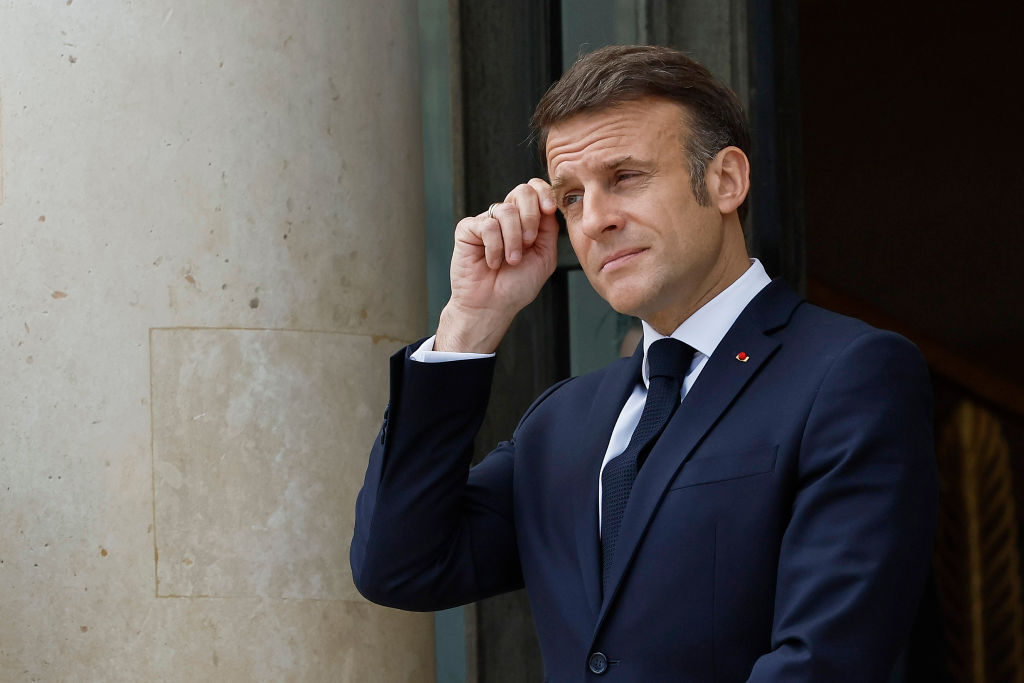







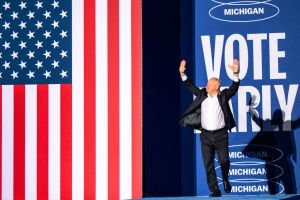
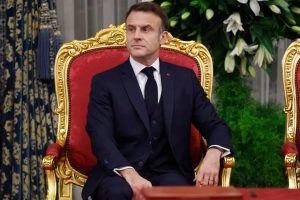
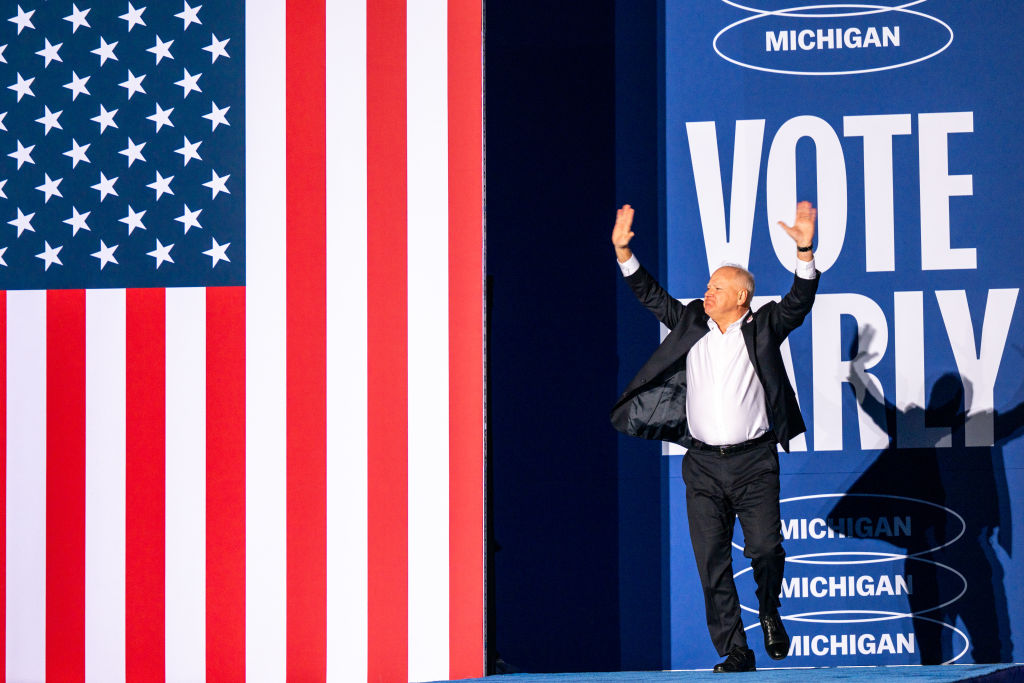
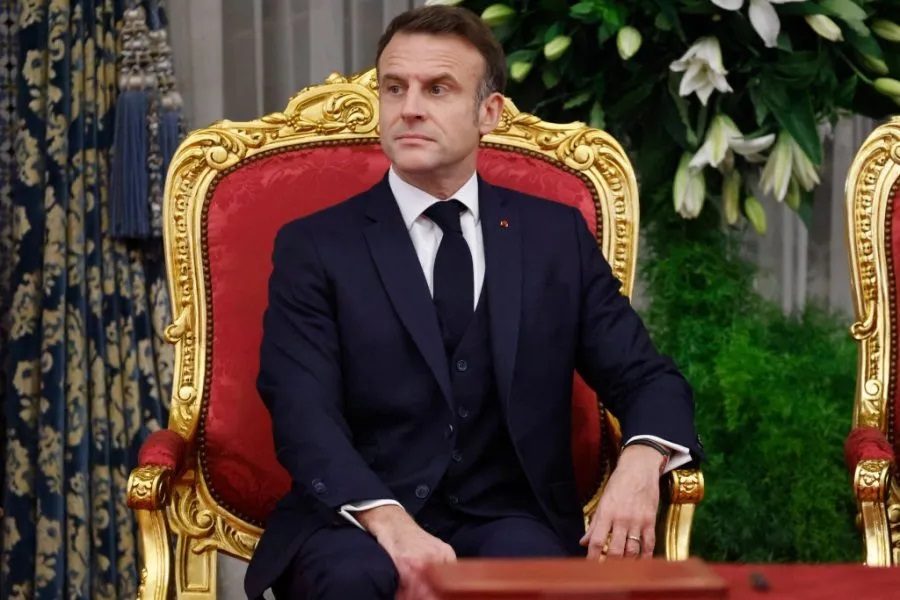
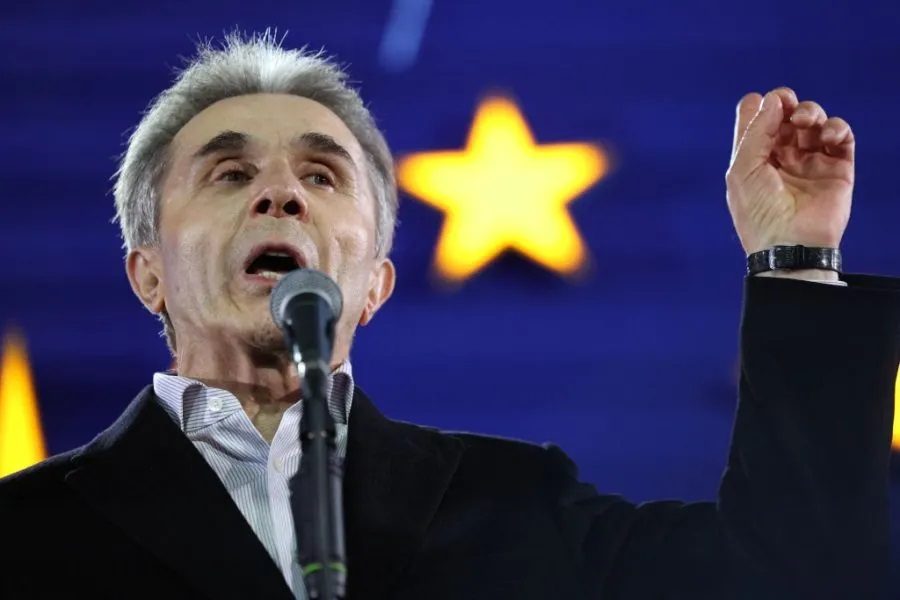
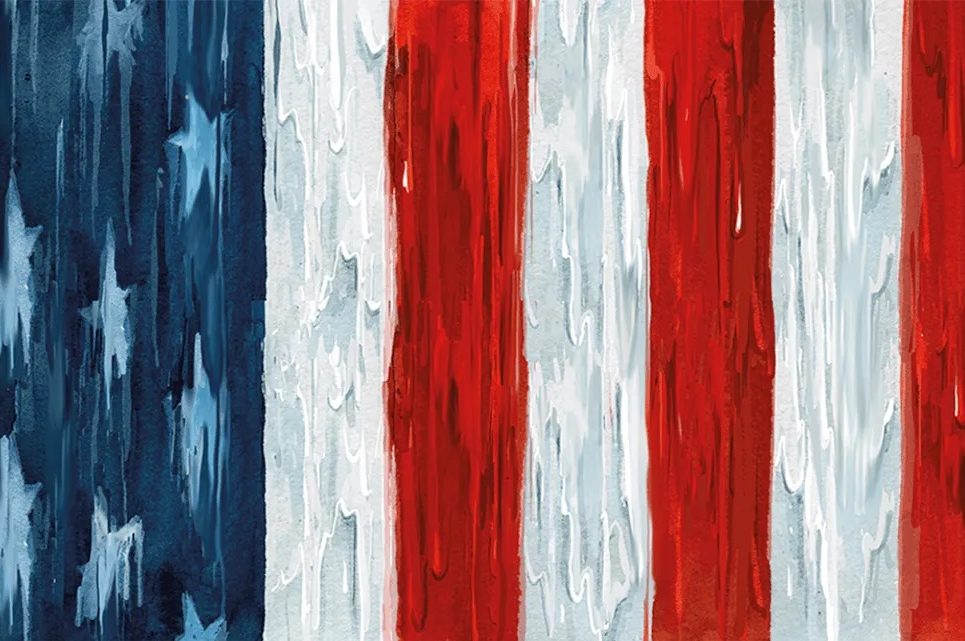
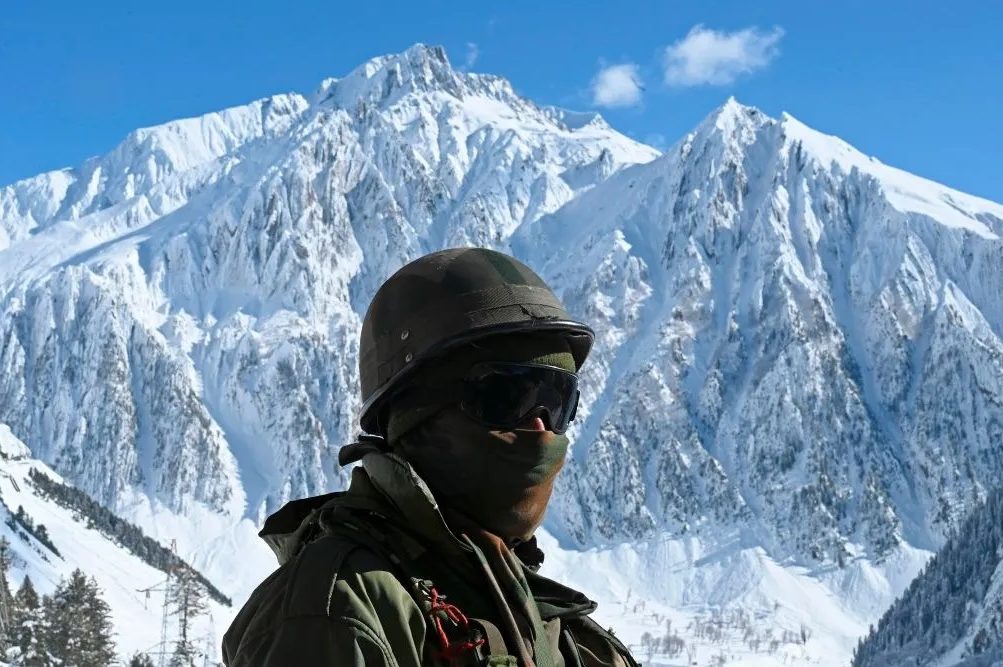
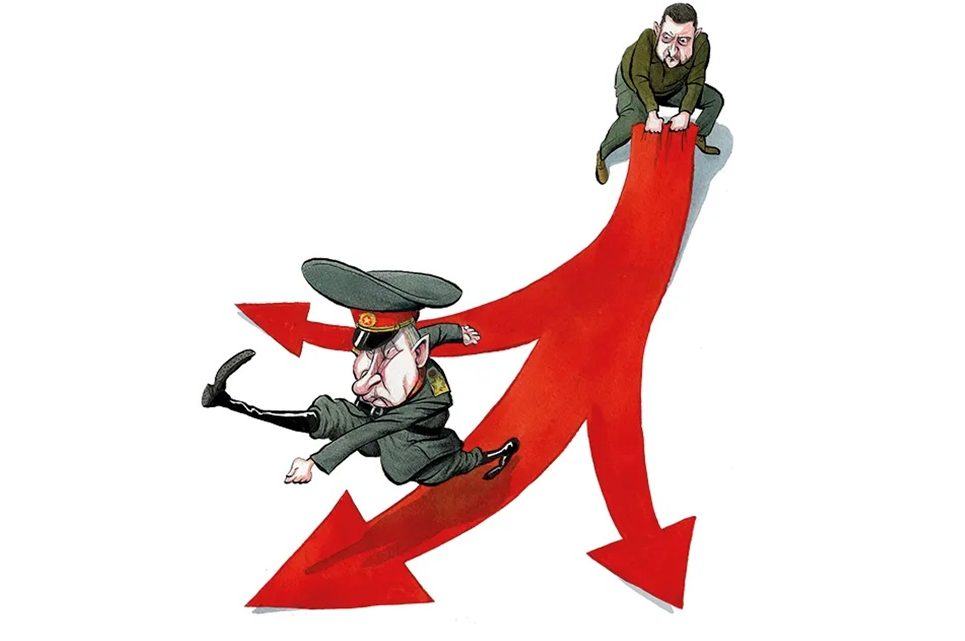







Leave a Reply